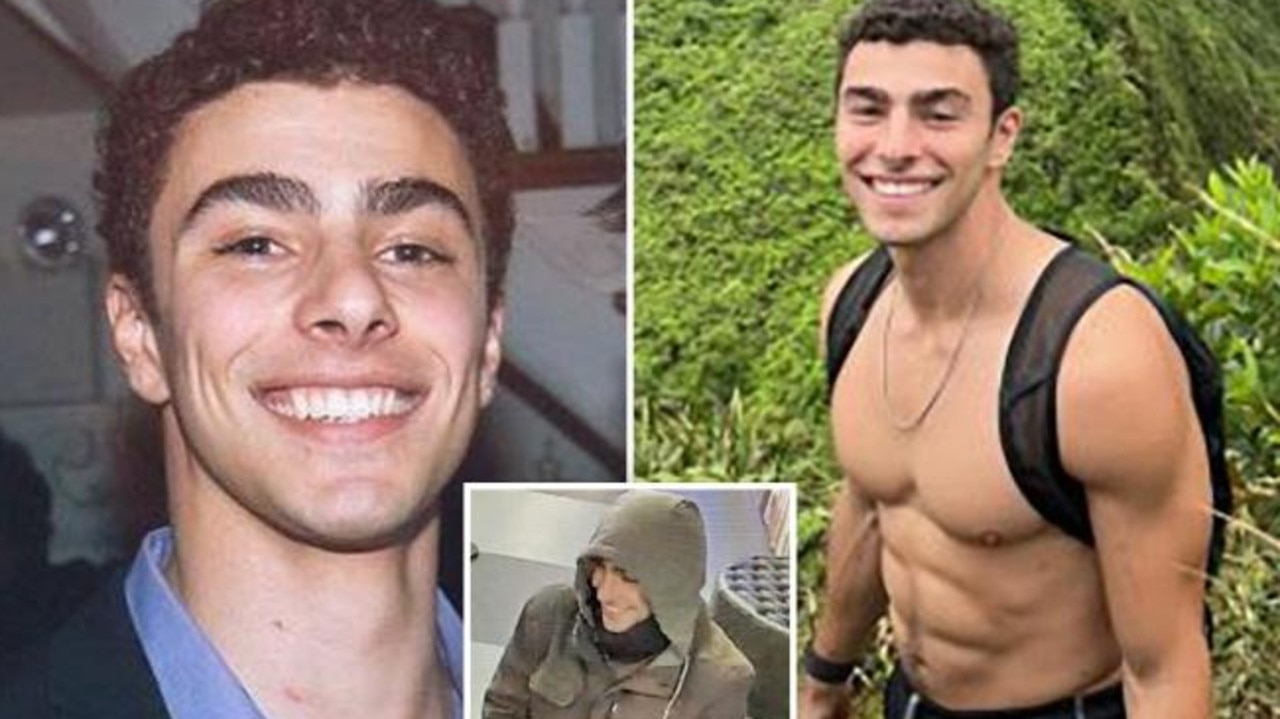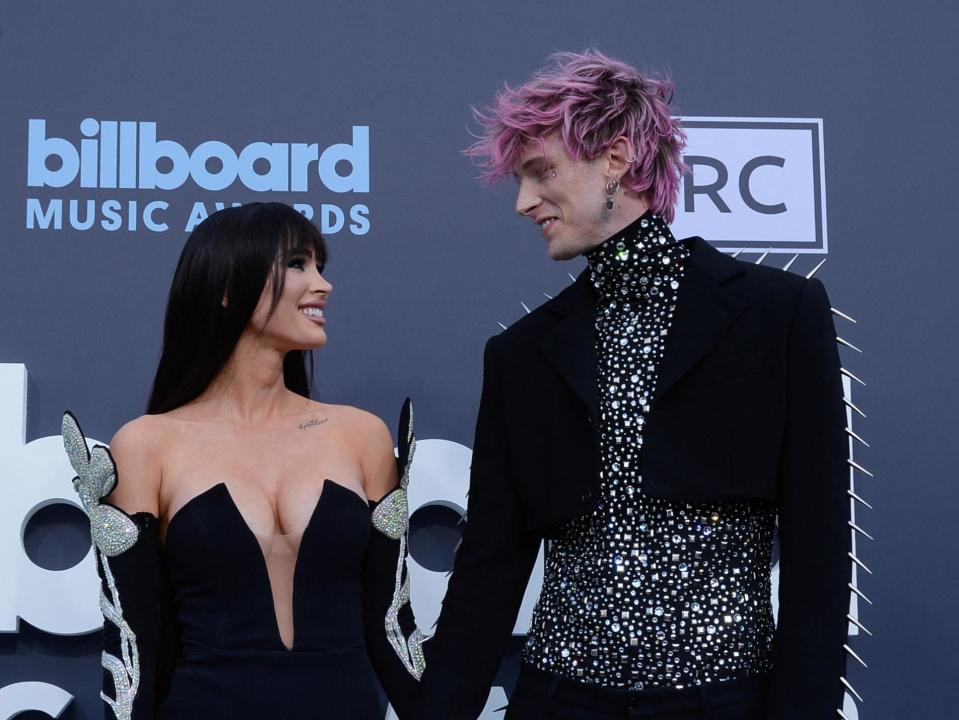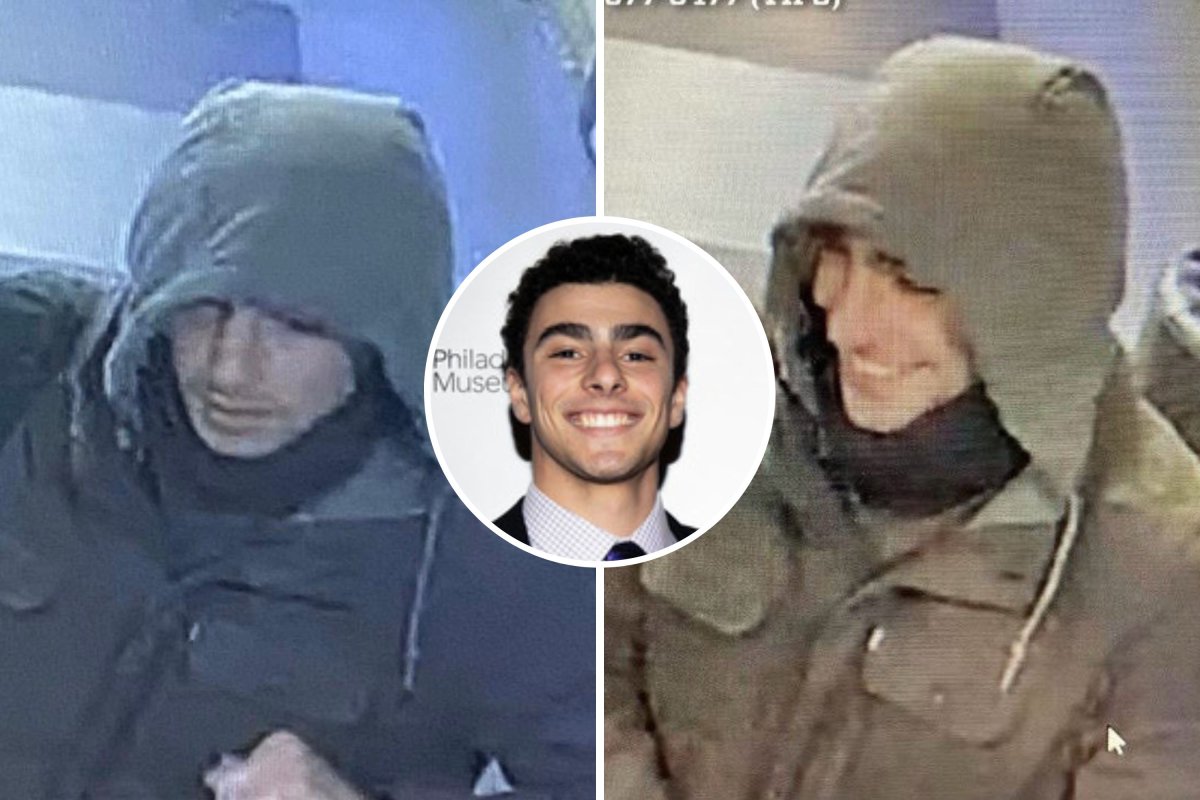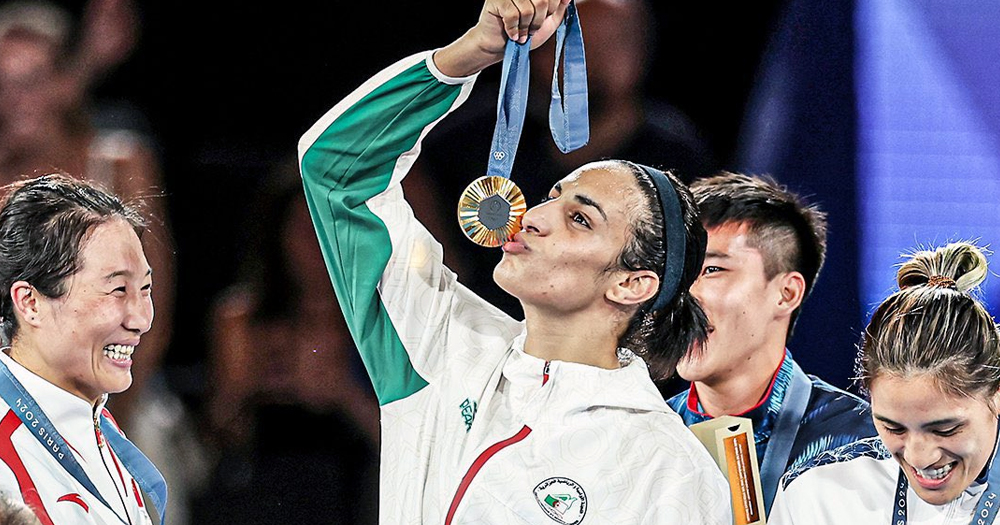
“What if the face of a suspect could overshadow the weight of their crime? Can charm disrupt justice, or are we all guilty of being too quick to judge?”
In a story that feels straight out of a modern rom-com or social media fever dream, a “handsome suspect” has set the internet ablaze, not for the seriousness of his alleged crime, but for his jaw-dropping good looks. The viral sensation has turned courtrooms into catwalks, and crime stories into fan debates, as people worldwide ask a question nobody expected: is justice blind—or just distracted?
The suspect, whose name remains undisclosed for legal reasons, was recently arrested for alleged “white-collar fraud” in a high-profile case. But instead of focusing on the gravity of his accusations, online users have focused on something completely different: his chiseled jawline, piercing eyes, and undeniable charisma. His mugshot, unexpectedly photogenic, was leaked and immediately went viral, attracting millions of likes, memes, and even offers for modeling contracts.
Social media platforms such as Twitter and TikTok have been flooded with comments, with hashtags like #HandsomeCriminal and #GuiltyOrGorgeous trending worldwide. Some users cheekily quipped, “Lock me up too if that’s the guard,” while others debated, “How can someone who looks like that be guilty of anything?” However, not everyone is laughing. Legal experts and social commentators have raised an important concern: are we trivializing justice because of a fleeting infatuation with appearance?
Psychologists have weighed in, citing a well-known cognitive bias called the “halo effect”—the tendency to attribute positive qualities to someone based purely on their physical attractiveness. This phenomenon might explain why public opinion seems split, with some defending the suspect not based on evidence but because “he doesn’t look like a criminal.” Such perceptions could potentially undermine the integrity of legal proceedings.
Interestingly, this isn’t the first time a “good-looking criminal” has captured the public’s attention. A similar uproar occurred in 2014 when Jeremy Meeks, dubbed the “hot felon,” went viral after his mugshot turned him into a model overnight. But experts warn that this fascination risks reinforcing problematic stereotypes: that attractiveness equates to goodness or innocence, while less appealing individuals might be unfairly presumed guilty.
Despite the spectacle, the case against the handsome suspect remains serious. He stands accused of orchestrating a multimillion-dollar scam that allegedly affected countless victims. Legal analysts stress that justice should not be swayed by public opinion—or the suspect’s enviable bone structure.
For now, the “handsome suspect” awaits trial, but one thing is clear: his unintended rise to fame is a sobering reminder of how easily our modern obsession with appearances can blur the lines between right and wrong. As one Twitter user wisely noted, “He may have stolen money, but let’s not let him steal justice too.”







